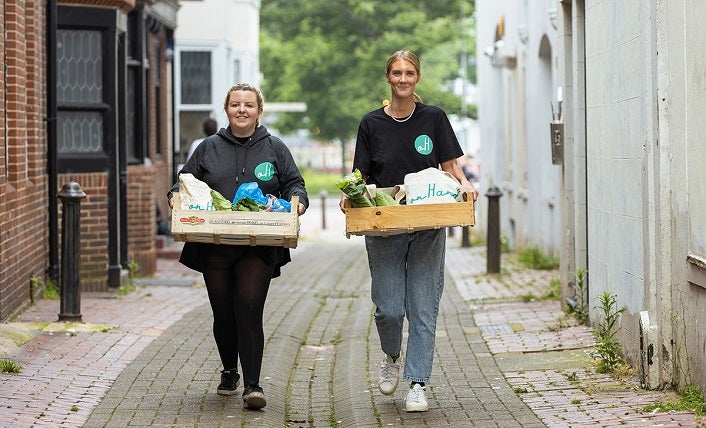How to measure positive change
CSR progress has a direct influence on environmental social governance (ESG) reporting. Essentially, this is a form of social impact evaluation that’s used to inform staff, customers, and stakeholders of a firm’s CSR activity and outcome.
Providing clear, numerical targets for employees provides an excellent stimulus to grow engagement. It’s also a good way for business owners to reinforce company values, a set of commandments which employees should strive to embody.
For example, if being community-focused is heralded as an organisational value, a firm could give staff a monthly goal relating to volunteering hours at a local food bank.
Alongside internal considerations, however, firms are increasingly under external pressures from stakeholders to deliver on ESG – particularly larger organisations.
“Managers have now got ESG targets, as have their boards,” Lobo determines. “I think that is going to filter down from those larger companies and become the norm.”
While these obligations are limited to sustainability at present, Lobo envisions that statistics on volunteering or donations will soon become part of annual reporting requirements.
To help its users react to the shift, onHand automatically pulls through figures on everything from employee engagement to CO2 reductions, to give business owners access to ready-made data which they can then use to inform a clear and purposeful strategy.
“CSR has always been very ad hoc,” Lobo says. “People volunteer, but the results are not being captured. With onHand, companies can monitor employee engagement levels to track how many staff members have downloaded the app and how active they are.”
The data can also be used for marketing materials and to communicate a company’s purpose-led initiatives to customers. 67% of consumers under the age of 50 feel a brand’s social responsibility efforts are important to them.
The elephant in the room
The unavoidable topic when discussing ESG reporting is greenwashing. This is a term used when a company misreports its sustainability credentials – unintentionally or otherwise.
Trust in many climate action platforms has languished after a string of controversies. Last month, over 90% of carbon offsets from one market leader were found to be worthless.
Being accused of greenwashing risks serious harm to a brand’s reputation – not to mention, worker outrage. IBM’s 2021 Institute for Business Value study found that around one in three employees accepted a lower salary to work for a sustainable organisation.
How does onHand promise employers it can be trusted to provide valid environmental credentials?
“We investigated offering carbon credits and offsetting a couple of years ago and ultimately decided it wasn’t the right thing for us to offer,” Lobo discloses. “We just couldn’t get to the right confidence level. You could foresee that at some point it was going to go wrong.”
onHand’s climate action service validates only what Lobo describes as ‘real actions with real reductions’. For example, it applies external information around the CO2 emissions produced from eating meat, to encourage a switch to a plant-based alternative.
Lobo does not think previous greenwashing scandals should hamper CSR progress. “If the world realises offsets aren’t the way forward,” he posits, “donate more into social value, or something else on climate change. Use the money for good in a different way.”
Read the full article here






